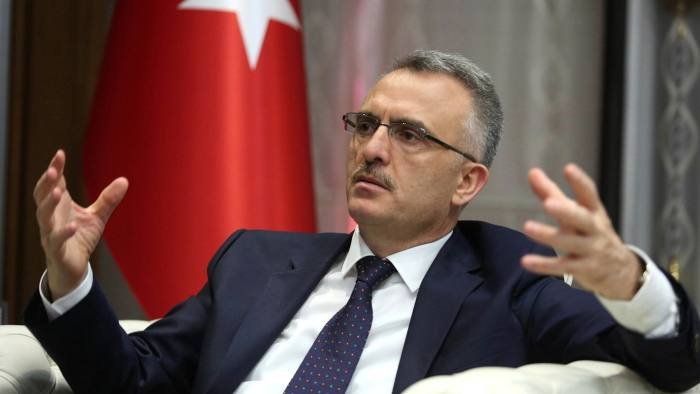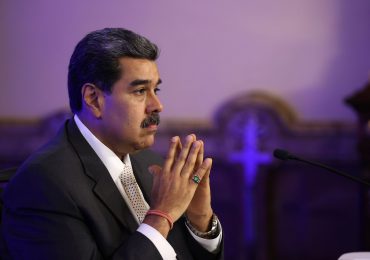Turkey’s new central bank governor has vowed to rebuild the nation’s depleted foreign exchange reserves, as he signalled a sharp change in direction after two years of a highly contentious policy of currency intervention. The lira gained as much as 0.7 per cent against the dollar after Naci Agbal, who was appointed last month, struck a hawkish tone in his first press conference as he set out his approach for the year ahead. Mr Agbal, a former bureaucrat and ruling party member of parliament who was appointed central bank chief after Turkish president Recep Tayyip Erdogan sacked his predecessor, announced that the bank would no longer sell dollars to prop up the lira — a policy that has cost about $150bn over the past two years, according to a Goldman Sachs estimate, and taken a heavy toll on reserves.
He added that the central bank aimed “to strengthen foreign exchange reserves gradually” over the year ahead, adding that, when there were sufficient inflows of foreign capital and a decline in Turkish citizens’ proclivity for buying dollars, the bank would seek to begin auctions to buy foreign currency to rebuild its war chest. Mr Agbal said that there could be a “gradual” unravelling of the use of currency swaps with commercial lenders that have masked the decline in the central bank’s reserves. The previous currency policy was overseen by Berat Albayrak, the son-in-law of Mr Erdogan, who resigned last month as finance minister. Before his departure, economists had warned that low interest rates, a plunging currency, an exodus of foreign capital and dwindling reserves were pushing the country’s $750bn economy to the brink of a crisis. Mr Agbal added that the bank was aware of the need for a “permanent and convincing improvement in inflation”, which reached 14 per cent in November, according to official data. He indicated that he would be willing to further raise the bank’s main interest rate — which he lifted to 15 per cent last month — in order to achieve it.
He also promised to do away with a complicated system of multiple interest rates that have long been seen by investors and analysts as opaque and unhelpful. Mr Agbal’s comments will be welcomed by foreign investors, who have bought close to $2bn of Turkish stocks and bonds over the past four weeks amid optimism that Mr Erdogan has been convinced of the error of previous policies. Yet questions remain about the new governor’s mandate to act to tackle Turkey’s chronic double-digit inflation given the Turkish president’s notoriously strong views about interest rates. Mr Erdogan has called high interest “the mother and father of all evil” and has frequently intervened in the central bank’s work, sacking two of its governors in the past 18 months. Mr Agbal declined to talk about discussions he had held with the president or reassurances that he had received from him, saying only that when the bank’s leadership was “developing any policy, setting any goal, taking any decision, it is their fundamental duty to convince all stakeholders”.
"Forbes Georgia-ის სარედაქციო ბლოგპოსტების სერია "როგორ გამდიდრდა“ და "საქართველო რეიტინგებში".
















